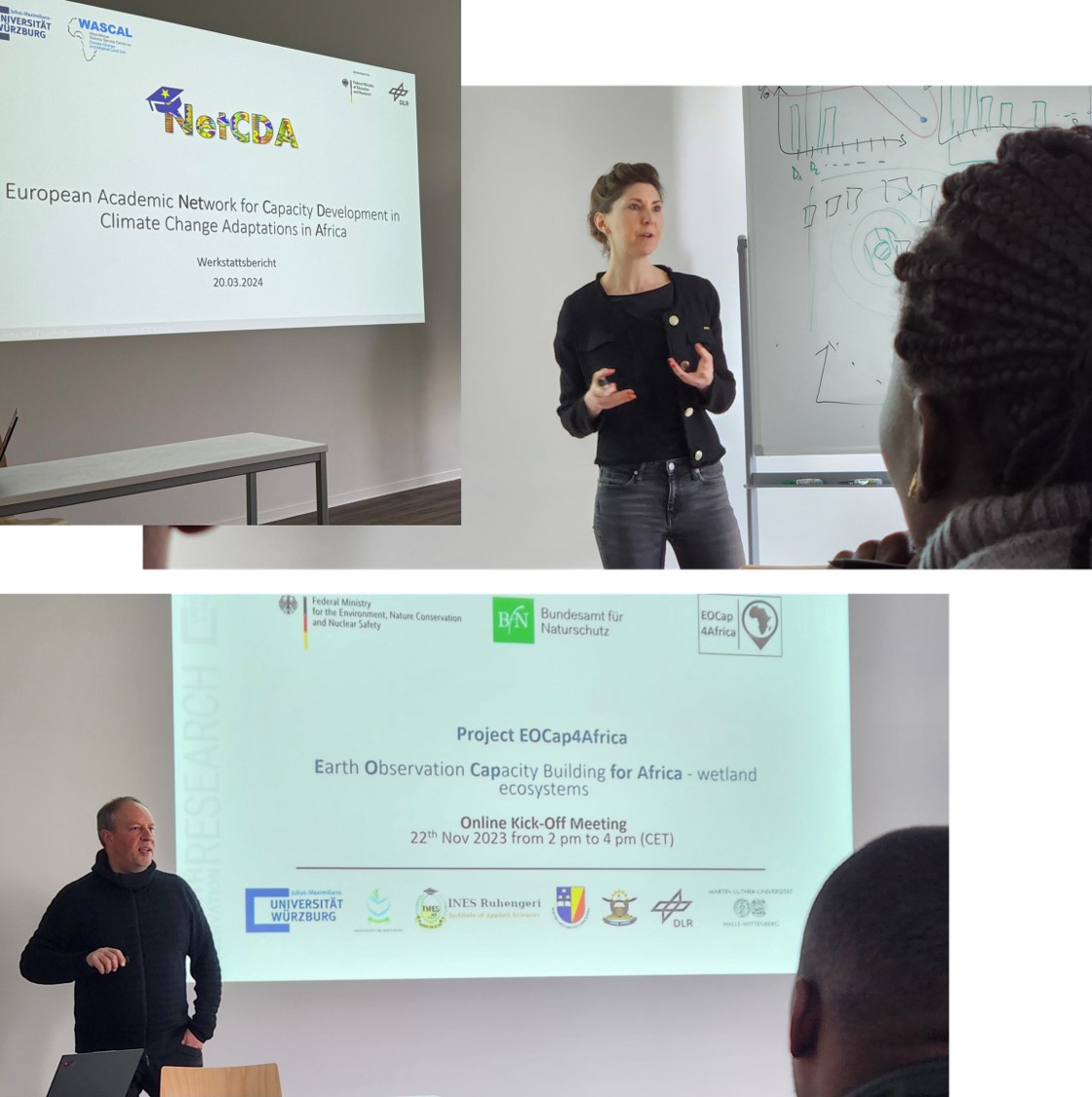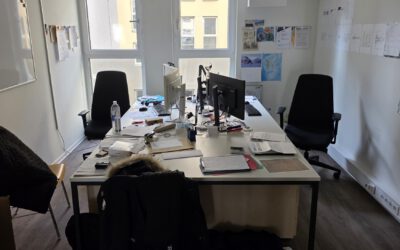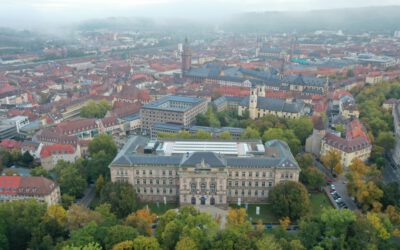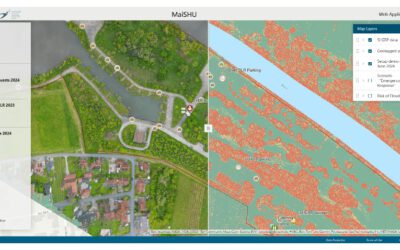Under the motto “Capacity Building in Africa,” our colleagues Alexandra Bell and Dr. Michael Thiel presented and discussed the new projects “NetCDA” and “EOCap4Africa” at the Earth Observation Research Cluster (EORC) as part of the workshop reports. For a brief description of the projects, please see the information below.
Earth Observation in Africa: Capacity Building for the Conservation of Ecosystems and their Services (EOCap4Africa): The aim of the EOCap4Africa project is to strengthen future conservation managers’ capacities in applying information generated by remote sensing for the protection and sustainable use of ecosystems, with a focus on wetlands and their services. Within EOCap4Africa, we will develop a curriculum in close cooperation with our African partners from the university sector. The idea is to spread knowledge about the potential of remote sensing data via students of relevant courses and to increase its application in the medium term. In addition, the project is pursuing an approach in which senior and junior scientists and practitioners are integrated into the EO work at the African partners. On the one hand, this is intended to ensure professional excellence in the development of the module. On the other hand, the capacities of young scientists are increased, and the exchange of knowledge and experience is promoted.
European Academic Network for Capacity Development in Climate Change Adaptations in Africa (NetCDA): The BMBF-funded project NetCDA aims to take a long-term approach to strengthening and better networking academic education on climate change adaptation strategies in Africa. Besides supporting graduate students of the West African Science Service Centre on Climate Change and Adapted Land Use (WASCAL), the project aims to initiate an official academic network that brings together climate change researchers from Europe and Africa active in education. Further, a special focus will be on the project’s external communication with the involved partners. The project is run by a project consortium of nine German partners in close collaboration with the WASCAL graduate school programme. The presentation will provide insights into the project, the main goals, and upcoming milestones.
We wish our colleagues and their partners all the best in working on the projects!
![]()









